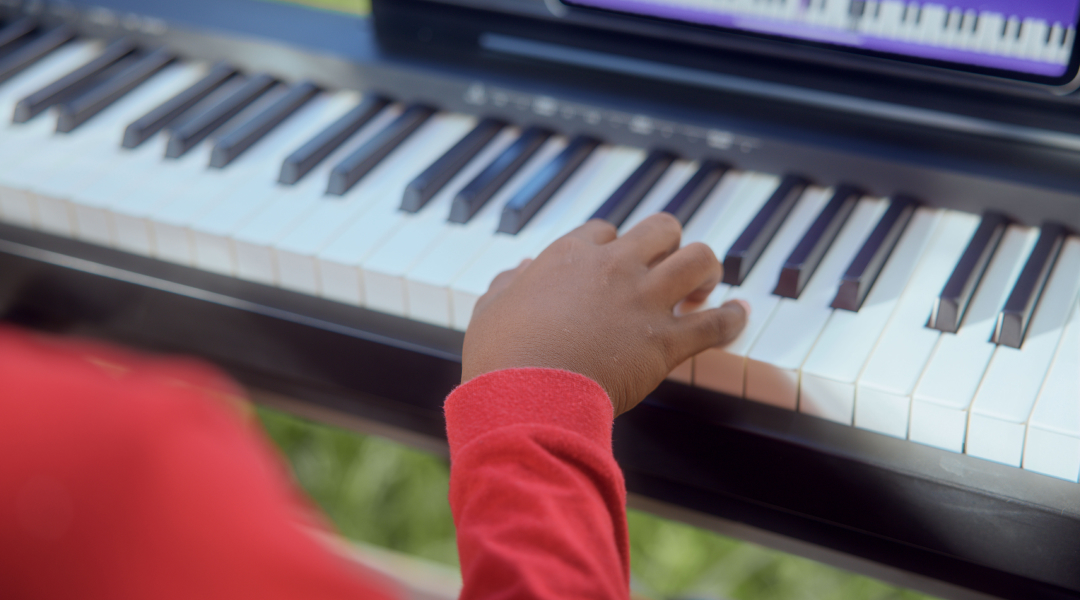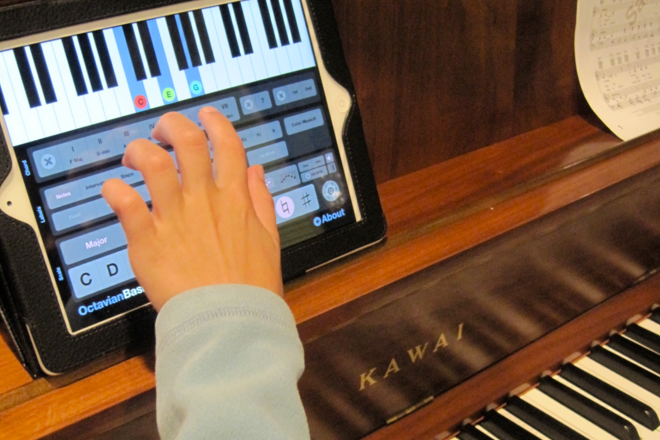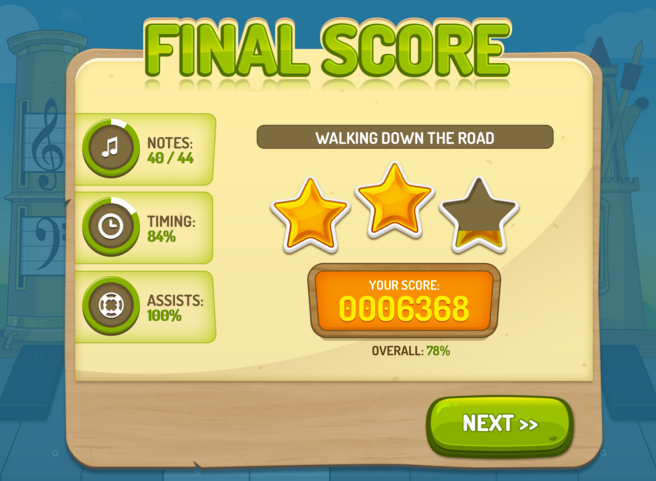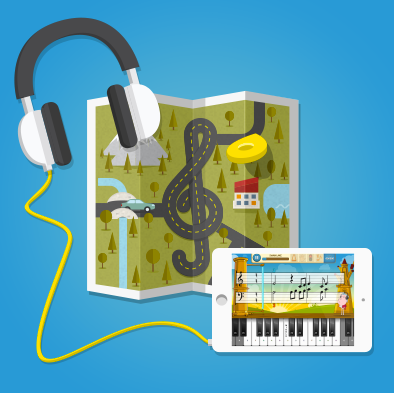Never Too Late: The Psychology of Learning Piano Online at Any Age
The old saying, “You can’t teach old dogs new tricks,” couldn’t be more wrong when it comes to a creative field like playing the piano. After all, creativity is boundless and comes at any age, while coordination can be picked up through repetition and memorization.
Of course, starting at an early age has distinct advantages, given how a young mind is like a sponge for learning, but picking up piano playing at a more advanced age is certainly possible. In fact, a 2023 survey conducted by Pianote revealed that 27% of advanced players, 56% of intermediate pianists, and 82% of novices learned when they were adults.
So, don’t let age hinder you from learning to play the piano. This guide will help you understand the psychology behind learning to play the instrument at any age, the modern avenues for learning, and how online platforms make this easier.
Why It’s Possible to Learn at Any Age
Adults need to let go of the notion that learning stops at a certain age. Even if you think you lack the talent, you might surprise yourself with what you can do through sustained practice over a substantial period.
According to the realm of neuroscience, the brain is capable of neuroplasticity, which means it can adapt and form new neural connections throughout life. These new connections can originate from learning a new skill like playing the piano or picking up a foreign language. This applies to even older adults who are aged 60 and above.
Besides the brain’s capabilities, adults have traits that give them an inherent advantage over youngsters in terms of playing a difficult instrument like the piano. Adults typically have greater persistence since they have clearer goals in mind than kids. They can also use their piano learning exercises as a means to combat negative emotional states such as depression and anxiety.
Moreover, the ubiquity of online streaming platforms and software solutions has led professionals to post comprehensive instructional applications and videos that cater to beginners of all ages. Adult learners can digest these and start learning to play the piano. They have the option to primarily learn online or use the videos as supplementary material to formal lessons.
Psychological Benefits of Learning the Piano as Adults
Besides gaining skills, playing the piano has a host of benefits for adult players, especially seniors. Playing keeps the mind sharp and boosts one’s mood. It also allows adults to reconnect with their passion and gain meaningful connections. This is only the tip of the proverbial iceberg. To give you a clearer view, the psychological benefits of playing include the following:
- Improved Memory and Problem-Solving: Engaging multiple brain areas, particularly those responsible for memory and problem-solving, piano playing can enhance cognitive function. Studies have shown that piano training can improve working memory, processing speed, and verbal fluency.
- Boosted Brain Connectivity: The act of reading sheet music, coordinating hand movements, and processing auditory feedback strengthens the bridge connecting the brain’s left and right hemispheres. This leads to improved coordination, problem-solving, and creativity.
- Enhanced Motor Skills and Multisensory Processing: Playing the piano is a multisensory experience that engages the brain’s motor, visual, and auditory cortices. This improves hand-eye coordination, fine motor skills, and spatial awareness.
- Neuroplasticity: Learning to play the piano, even at an older age, stimulates neuroplasticity, the brain’s ability to form new connections.
- Delayed Cognitive Decline: Engaging in new skills, such as piano playing, can help delay cognitive decline in older adults.
- Reduced Stress and Anxiety: Playing music activates the brain’s reward system, releasing dopamine, the “feel-good” neurotransmitter. Simultaneously, it lowers cortisol, the stress hormone.
- Boosted Emotional Well-being: Learning to play the piano can provide a sense of accomplishment and personal satisfaction, contributing to improved emotional well-being.
- Improved Professional Skills: For adults, learning piano can improve focus, time management, and problem-solving skills, which are valuable in professional settings.
In addition to the given benefits, adults feel a sense of achievement in completing each piece. This can boost the body’s production of dopamine, which can make you feel good. You’ll be happier as you go along learning to play the piano.
Advantages of Learning the Piano Online
In this day and age, learning the piano does not strictly require attending class in a music school or hiring a piano teacher. You can learn on your own online through music education apps and educational videos on streaming websites. Doing so brings a slew of advantages.
- Sizable Selection of Piano Pieces: Music education apps and video streaming platforms have a staggering collection of piano pieces you can learn. Education apps and some videos also provide instructions on how to do every part of each piece, including the toughest sections. Some also offer sheet music, so you can easily follow.
- Progress Monitoring: Advanced music education apps provide feedback as you play a piece’s various sections. It also allows you to hear the notes you played and perform quick adjustments to any mistake encountered.
- Step-by-step Tutorials: Beginners can grasp the basics of piano playing and how to play certain songs through a music education app’s tutorials. There are also courses catering to different skill levels, designed to advance one’s capabilities.
- Flexibility: Online platforms offer unparalleled flexibility, allowing you to learn at your own pace and convenience. Whether you’re a night owl or an early bird, you can learn music anytime, anywhere with a stable internet connection.
- Personalized Instruction: Many online platforms offer personalized learning experiences, tailoring lessons to your individual needs and learning style.
- Affordability: Online music education is often more cost-effective than traditional in-person lessons. Music education apps offer affordable subscription fees, while numerous instructional videos on streaming platforms are free to access.
Tips for Learning the Piano Online
Learning to play the piano online is a systematic process that focuses on various areas with progressively increasing subject depth, akin to taking perhaps the cheapest online doctorate in psychology. The courses require mastery and a lot of dedication from learners. Here are several tips to help you persevere throughout the learning process:
- Set Clear Goals: Define your musical aspirations, whether it’s mastering specific songs or improving your technique. Clear goals keep you focused and motivated.
- Practice Regularly: Consistent practice is key. Aim for short, daily practice sessions rather than infrequent long ones. Even 15 minutes a day can lead to significant progress.
- Choose Enjoyable Repertoire: Select music that you love. Playing pieces that resonate with you will make practice more enjoyable and fulfilling.
- Be Patient and Kind to Yourself: Mistakes are a natural part of the learning process. Celebrate small victories and avoid self-criticism.
- Join Online Groups: Joining online communities and social media groups dedicated to piano playing is a great way to connect with fellow musicians. Sharing your musical journey, learning from others, and receiving encouragement can significantly boost your motivation and skill development.
- Leverage Online Resources: Utilize online tutorials, apps, and courses designed for adult learners. These resources offer modern teaching methods tailored to your needs.
- Track Your Progress: Maintain a practice journal that documents your progress as a student, from the pieces learned to the exercise completed. Some music education apps do the tracking for you.
- See Mistakes as Exercises: Mistakes are an inevitable part of the learning process. Instead of feeling discouraged by errors, view them as opportunities for growth. Analyze what went wrong and work on those areas during practice sessions. This mindset will help you develop resilience and improve your overall playing ability.
An Instrument for All Ages
Age is not an impediment to learning the piano and making notable music. In fact, playing at an advanced age brings a good number of benefits, including improved mood, mental health, and cognitive functions. In addition, comprehensive music education apps and streaming platforms have made piano lessons more accessible, easier to follow, and more convenient.
It won’t take long before you can play your favorite songs. If you’re particularly creative, you can eventually create your own symphonies that can perhaps rival the riveting musical scores of John Williams or Danny Elfman. After all, the piano is one such instrument that can capture the moments of your life, one scale at a time.









